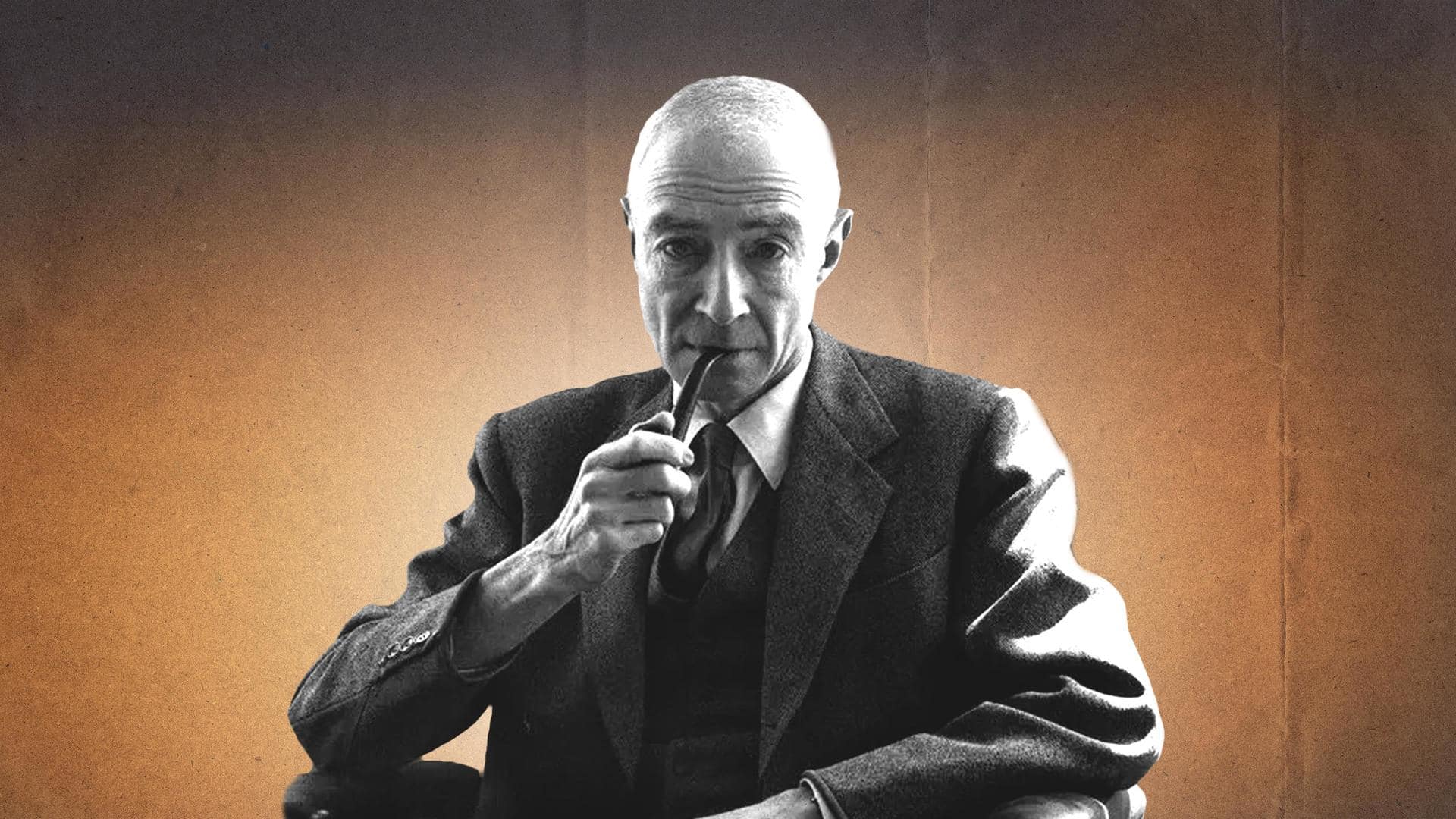
Everything to know about the real Oppenheimer before watching 'Oppenheimer'
What's the story
Are you waiting to see the screen explode (almost literally) while watching Christopher Nolan's ambitious Oppenheimer? Luckily, not a long wait now. The multistarrer Hollywood epic is set to premiere on Friday (July 21), and at three hours long, it's Nolan's longest ever. It is based on the Pulitzer Prize-winning book American Prometheus: The Triumph and Tragedy of J. Robert Oppenheimer. Who was he?
Introduction
What is his claim to both fame and infamy?
A critical figure during World War II, Julis Robert Oppenheimer, a theoretical physicist, headed the Los Alamos National Laboratory (Project Y) and has been crowned as the "Father of the Atomic Bomb" due to his contribution to the Manhattan Project. Manhattan Project was led by the United States (with support from the UK and Canada) and developed the first nuclear weapons of the world.
Subjects
The gifted scientist was a master of many fields
Oppenheimer might be known best for facilitating the creation of the aforementioned weapon of mass destruction, but there were several scientific areas that he enjoyed prowess in. Some of these are theoretical astronomy, spectroscopy, quantum field theory, and quantum electrodynamics. Physicist Murray Gell-Mann said, "[Oppenheimer] didn't have patience [for long calculations]. But he inspired other people to do things, and his influence was fantastic."
First test
The first test explosion was carried out in July 1945
Notably, after the bomb was tested in a New Mexico-based desert on July 16, 1945, Oppenheimer watched from a safe distance and reportedly said, "I guess it worked." He was also profoundly interested in Hindu religious texts, and words from the Bhagavad Gita came to his mind in the moments after the bomb detonation: "Now I am become Death, the destroyer of worlds."
Interest in Hindu texts
His interest in Hindu scriptures was well-known
Historian James A Hijiya, the author of The Gita of J. Robert Oppenheimer, said that "his interest in ancient Indian philosophy grew out of a rebellion against his own [Jewish] upbringing." He sought "a more profound approach to human relations and man's place in the universe." "The most beautiful philosophical song existing in any known tongue" is how Oppenheimer reportedly described Gita.
Post the testing
Post the test, Oppenheimer wasn't pleased with the consequences
Two atomic bombs were dropped on Hiroshima and Nagasaki in August 1945, and Oppenheimer was reportedly "distraught" since he believed the second bomb was "unnecessary." On August 17, 1945, he wrote to the US government, asking to ban nuclear weapons and declaring "there was blood on his hands." After the end of WWII, he resigned from his post as leader of Los Alamos.
Death
Oppenheimer eventually died of throat cancer
As a result of years of chain-smoking, the scientist developed throat cancer in late 1965. Although he underwent radiation treatment and chemotherapy, he eventually fell into a coma on February 15, 1967, and passed away on February 18 in Princeton, aged 62. In the film, he is portrayed by Nolan's frequent associate Cillian Murphy, while Emily Blunt will play his wife Katherine.